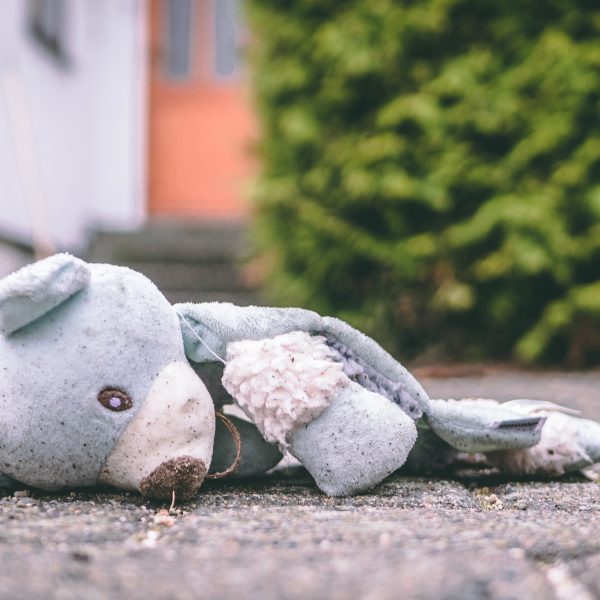Seen, heard and believed – new research gives weight to children’s disclosures of abuse

New research from King’s College London and City University of New York has found that clinical work that focuses on an individual’s memories and thinking patterns around abuse and neglect could be more influential on mental health than previously thought.
The findings are significant for those working in early childhood education and care (ECEC) as well as mandated reporters in other fields, because they add weight to the importance of educators and other professionals attending closely to indicators of abuse and neglect in children, with researchers noting that the subjective experience of maltreatment as a child plays a more important role in adult emotional disorders than the event itself.
Published in Nature Human Behaviour the study analysed data on nearly 1,200 people. Those who had experienced abuse and neglect as a child, and had that held up in court, but did not recall the experience were at no greater risk of adult psychiatric disorders than those with neither objective or subjective experiences of abuse or neglect.
However, those adults who were able to recall abuse and neglect, again as proven in a court of law, were nearly twice as likely to have emotional disorders in adulthood, such as depression and anxiety.
In addition, those who recollected the experience of child maltreatment but did not have court evidence were at a similarly higher risk of psychiatric disorders.
Joint author, Professor Andrea Danese, from King’s College London said the study was the first to comprehensively investigate the relative contribution of objective and subjective experience of childhood maltreatment in the development of psychiatric disorders.
“We often think that objective and subjective experiences are one of the same, but we have found here that this is not quite true for childhood maltreatment – and that people’s own accounts of their experience are very important for their risk of psychopathology,” she added.
As a result of the findings, researchers hope that psychological treatments that address memories, cognitions and attitudes related to child maltreatment can help relieve the heavy mental health toll associated with this experience for adults.
“This is a valuable insight at a time when there may be a rise in cases of child maltreatment due to restrictions to normal life and social care imposed by the COVID-19 pandemic,” Professor Danese said.
Previous research has shown those who suffer childhood maltreatment are more likely to experience psychiatric symptoms as adults but, until now, it was unclear whether it was the personal experience of maltreatment or the objective record of its occurrence that was more important.
The study analysed data from a unique sample in the US Midwest, consisting of 908 people who had been identified as victims of child abuse or neglect on official court records from 1967-1971, alongside a comparison group of 667 people who had been matched on age, sex, ethnicity and family social class but who had no official records of abuse or neglect.
The participants were followed up about 20 years later at an average age of 28.7 years and were assessed for psychiatric problems and asked to provide their own accounts of abuse and neglect as children. At follow-up there remained a total of 1,196 in the sample.
A major strength of the study was the use of objective measures of child abuse and neglect based on official records from juvenile and adult criminal courts, which were the basis for legal actions to protect children and prosecute perpetrators. Subjective measures of maltreatment were based on retrospective reports of physical abuse, sexual abuse and neglect.
The study assessed a range of psychiatric disorders including depression, dysthymia, generalised anxiety, post-traumatic stress disorder (PTSD), antisocial personality disorder, alcohol abuse and/or dependence, and drug abuse and/or dependence.
In further analysing the results, researchers found that those with personal recall of childhood maltreatment were almost twice as likely to experience emotional problems, such as depression and anxiety. They were also more than five times as likely to develop behavioural problems, such as antisocial personality, and also more likely to develop alcohol or substance abuse and/or dependence.
To review the findings, please see here.
Popular

Policy
Practice
Provider
Quality
Research
Workforce
Beyond the headlines: celebrating educators and the power of positive relationships in early learning
2025-07-07 10:00:24
by Fiona Alston

Workforce
Policy
Quality
Practice
Provider
Research
ECEC must change now, our children can’t wait for another inquiry
2025-07-02 07:47:14
by Fiona Alston

Workforce
Quality
Practice
Provider
Research
Beyond the finish line: Championing child protection one marathon at a time
2025-07-08 09:15:32
by Fiona Alston













